satchel
Posts: 18
Joined: 9/26/2001
From: Fort Smith, Ark. USA
Status: offline

|
Just finished Making the Corps by Thomas E. Ricks, and I recommend the book. (I reckon many of the members of this forum have already read this non-fiction work, which was first published in 1997.)
Its narrative follows a platoon of United States Marines recruits through the course of their basic training. In parallel with that story, it analyzes the recent history of the Corps, focusing most closely on the period from 1970 to 1990. The author's main point is that the Marine Corps has an internal culture and a self-perception that are significantly different from those of the other three main branches of the US military, especially regarding its discipline, its veneration of its own history, and its insecurity, as to whether the people and government of the US will continue to feel that maintaining the Marine Corps is necessary, for national defense.
The book's other principal subject, besides the story of recruit platoon 3086 and the overall evolution of the Corps in the years since the American withdrawal from Vietnam, is the role that two people had, in shaping today's Marine Corps: Secretary of the Navy Jim Webb (under Reagan, 1987-1988) and the man he recommended to be the Commandant of the Marine Corps, General Alfred M. Gray Jr. (held command 1987-1991). These two are greatly responsible for defining the mission and the approach of today's Marine Corps: Webb, by authoring an influential novel based on his tours of duty as a Marine in Vietnam, Fields of Fire, and by his recommendation of Gray; the Commandant had a hands-on role in shaping the principles of the modern-day Marine Corps.
This book is not very complex or in-depth. But I found it to be at just the right level, due to my own lack of military experience, and relative ignorance about the nature of the US Marine Corps. Ricks is definitely pro-Corps, this book is ultimately more of a celebration of the Corps, than an objective assessment of its relative prowess or strategic worth. The book is well-written overall, in its pace and balance of "showing vs. telling," although I found Ricks's technique flabby. (Instead of saying It very closely resembles something similar to combat, how does It's like combat sound?)
Now I'm about to pick up The Heart of the Matter by Graham Greene. It's a fiction novel, and its main character is a ex-military assistant police commissioner, in British West Africa (ostensibly based on Greene's own experience in Sierra Leone) during World War Two. Events leave the assistant commissioner pulled in different directions by his duty, his love for his family and associates, and his spiritual faith in his church.
|
 Printable Version
Printable Version







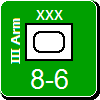






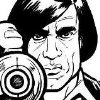
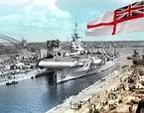


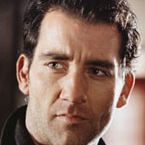

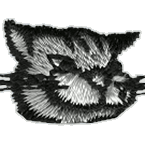

 New Messages
New Messages No New Messages
No New Messages Hot Topic w/ New Messages
Hot Topic w/ New Messages Hot Topic w/o New Messages
Hot Topic w/o New Messages Locked w/ New Messages
Locked w/ New Messages Locked w/o New Messages
Locked w/o New Messages Post New Thread
Post New Thread